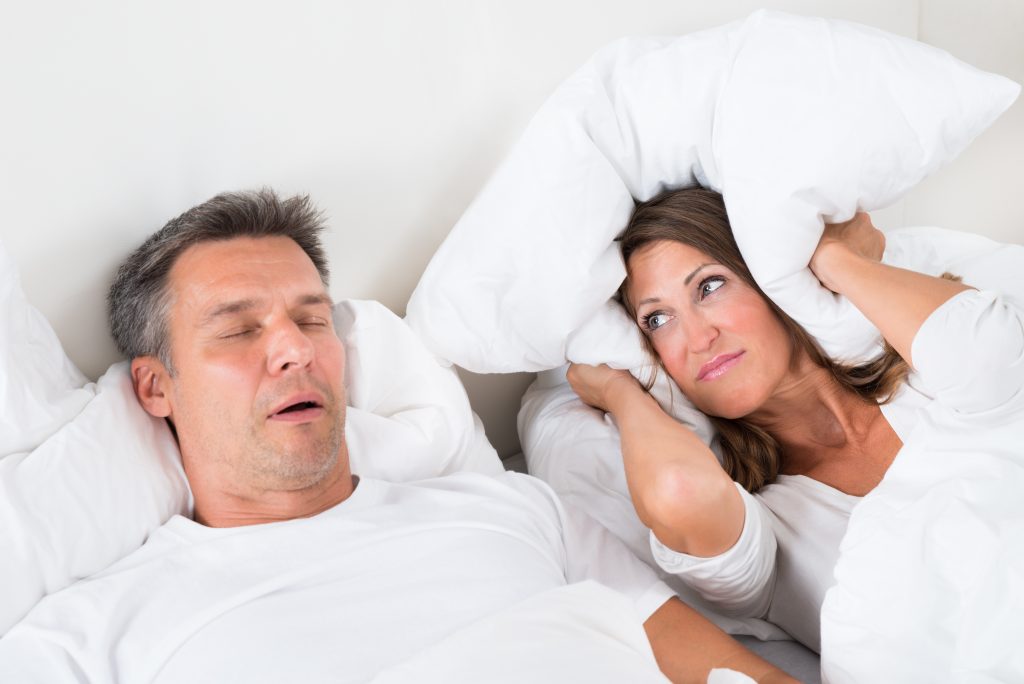
Sleep apnea is one of the foremost medical problems facing American society. Fortunately, there are many ways that a sleep dentist can help to treat the problem, from spotting common symptoms to crafting a customized anti-apnea appliance. But part of the process of treating apnea is correcting the misconceptions that have grown up around the condition. With that in mind, let’s look at some of the most common beliefs about apnea and weight loss.
The Truth about Apnea and Weight Loss
First let’s consider three things that medical experts know for sure:
- People who are overweight are more likely to suffer from sleep apnea and vice versa. The two problems often occur together.
- Not all apnea patients are carrying around extra pounds, however. Many of them are well within normal weight ranges for their height and body frame.
- Losing weight might make apnea symptoms less severe. But the odds of weight loss alone eliminating the condition are slim. Most patients will still require therapy in the form of a CPAP device, surgery, or a dentist-made mouthguard.
As you can see, there’s a strong correlation between sleep apnea and excess weight. But not all people who suffer from one condition also suffer from the other. Nor is it possible to “cure” one problem by getting rid of the other. While many people can and do manage their own weight loss, sleep apnea always requires professional care.
Now let’s look at ways a sleep dentist can help you to enjoy better rest. These include:
- Performing a complete exam of the mouth, throat, and sinus passages. Certain people are at high risk of apnea due to restricted airways or other physical characteristics. A dentist is often the first medical professional to spot these warning signs.
- Providing a referral to a sleep physician for a formal study, also known as a polysomnogram (PSG). This may occur at an authorized medical center or, in some cases, in the patient’s home. Professional medical equipment is used to monitor the patient’s breathing, oxygen levels, heart rate, blood pressure, and sleep behavior.
- Creating a customized oral appliance to treat airway obstruction. This is sometimes used as an alternative to a CPAP mask. These products are not the same as over-the-counter mouthguards you may have seen online or in infomercials, which provide only minimal benefits if any at all.
- Recommending sleep coaching tips. For example, some people breathe normally while sleeping on their sides but develop apnea symptoms when rolling over onto their back. Your dentist may suggest ways to remain in an optimal position while at rest. Sometimes this can be accomplished using a specially made brace or harness.
Better Rest for a Better Life
Getting adequate amounts of quality sleep is essential for all of us. Self-care in the form of exercise and sound nutrition is important for achieving this goal. But correcting the symptoms of apnea takes professional help. See your dentist or other healthcare professional soon to discuss your treatment options. You’ll soon be on your way to a healthier, happier, more productive life.
About the Author
Dr. St. Clair has been practicing dentistry for 23 years, since earning his dental degree from Tufts University School of Dental Medicine. He’s a member of the American Dental Association (ADA) and the American Association of Dental Sleep Medicine. You can reach his office online or by calling (978) 948-2030.
